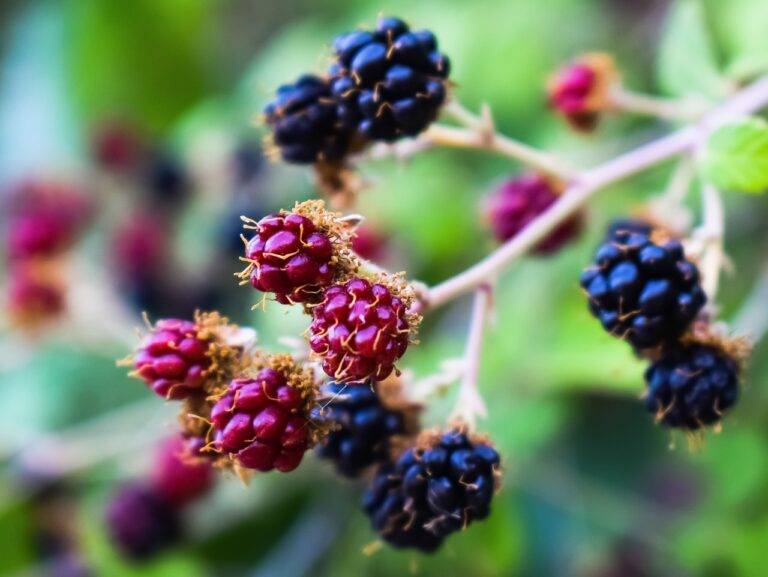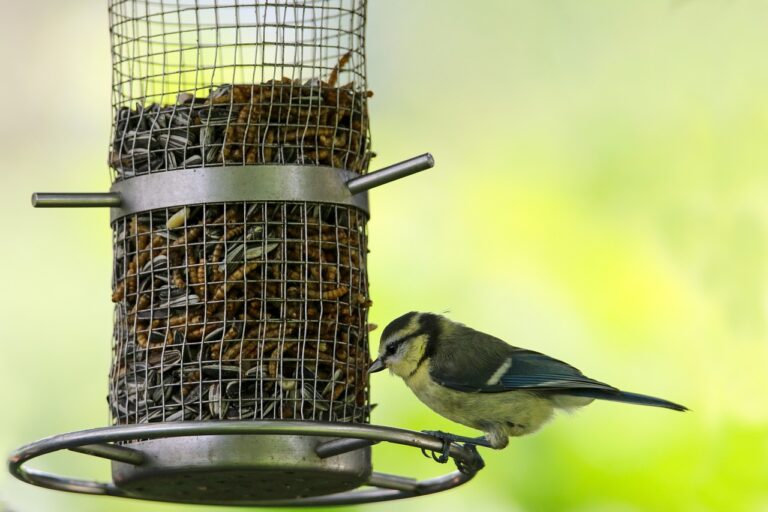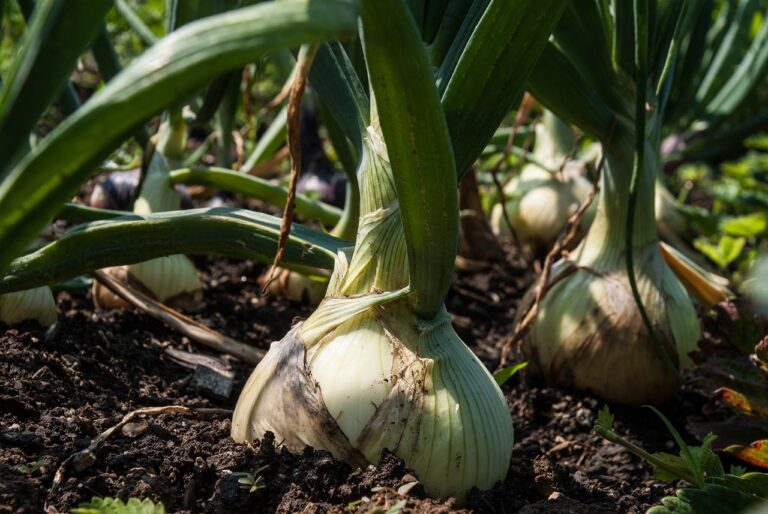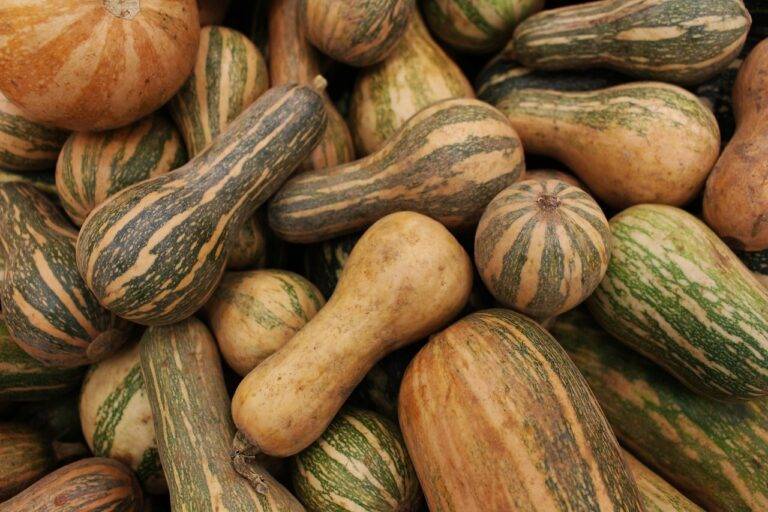Innovations in Sustainable Pest Management Solutions: Betbhai9 com sign up, Radheexchange, Lotus 365.io
betbhai9 com sign up, radheexchange, lotus 365.io: Pest management is a crucial aspect of agriculture and urban areas to protect crops, homes, and businesses from damage caused by pests. However, traditional pest control methods often rely on harmful chemicals that can have adverse effects on the environment, human health, and non-target species. In recent years, there have been significant innovations in sustainable pest management solutions that are eco-friendly, effective, and safe. These new approaches offer promising alternatives to conventional pest control methods, providing long-term solutions to pest problems while minimizing negative impacts on the environment.
Biological pest control is one of the most innovative and sustainable approaches to managing pests. This method involves using natural predators, parasites, and pathogens to control pest populations. By introducing these organisms into the environment, they can help reduce pest numbers without the need for harmful chemicals. For example, ladybugs are often used to control aphids in gardens, while parasitic wasps can help control caterpillar populations in agricultural fields. These natural enemies can effectively manage pest populations while preserving the balance of ecosystems.
Another innovative approach to sustainable pest management is the use of pheromones and other biological cues to disrupt pest mating behaviors. Pheromones are chemicals produced by insects to communicate with each other and regulate their behavior. By using synthetic pheromones to confuse pests’ mating signals, we can disrupt their breeding cycles and reduce their populations. This method is highly targeted and specific to the pest species, making it a safe and environmentally friendly alternative to chemical pesticides.
Integrated pest management (IPM) is a holistic approach that combines multiple pest control strategies to effectively manage pest populations. By incorporating biological control, cultural practices, habitat modification, and monitoring techniques, IPM can reduce reliance on chemical pesticides while maintaining pest populations below damaging levels. This approach focuses on preventing pest infestations through proactive management practices rather than reacting to pest problems after they occur. IPM is widely used in agriculture, landscaping, and urban pest control to promote sustainable pest management practices.
In recent years, advances in technology have also led to the development of innovative pest management solutions. For example, drones equipped with sensors and cameras can be used to monitor pest populations in agricultural fields and identify areas of infestation. This allows farmers to target specific areas for treatment rather than applying pesticides across entire fields, minimizing chemical use and reducing costs. Similarly, precision agriculture technologies such as GPS-guided equipment and automated sprayers can help optimize pesticide applications for maximum effectiveness while minimizing environmental impacts.
Organic farming practices are another sustainable pest management solution that relies on natural processes to control pests. By using compost, crop rotation, cover crops, and organic pesticides derived from natural sources, organic farmers can promote healthy soils and ecosystems that are more resilient to pest damage. These practices support biodiversity, beneficial insects, and soil health, creating a balanced environment that naturally regulates pest populations. Organic farming is gaining popularity as consumers seek out healthier and more sustainable food options, driving the demand for organic produce and pest management practices.
FAQs
Q: Are sustainable pest management solutions as effective as traditional chemical pesticides?
A: Yes, sustainable pest management solutions can be just as effective as chemical pesticides when implemented correctly. By combining multiple pest control strategies and utilizing innovative technologies, sustainable pest management practices can provide long-term solutions to pest problems while minimizing environmental impacts.
Q: How can I implement sustainable pest management practices in my home or garden?
A: There are several ways to implement sustainable pest management practices in your home or garden, such as planting native plants, providing habitat for beneficial insects, practicing crop rotation, and using natural predators to control pest populations. By reducing the need for chemical pesticides and promoting biodiversity, you can create a healthy and sustainable environment that is less prone to pest infestations.
Q: What are the benefits of using sustainable pest management solutions?
A: Sustainable pest management solutions offer a wide range of benefits, including reduced environmental impact, improved soil and ecosystem health, lower chemical exposure for humans and animals, and long-term pest control solutions. By adopting sustainable practices, we can promote a healthier and more sustainable future for agriculture, urban areas, and the environment.







